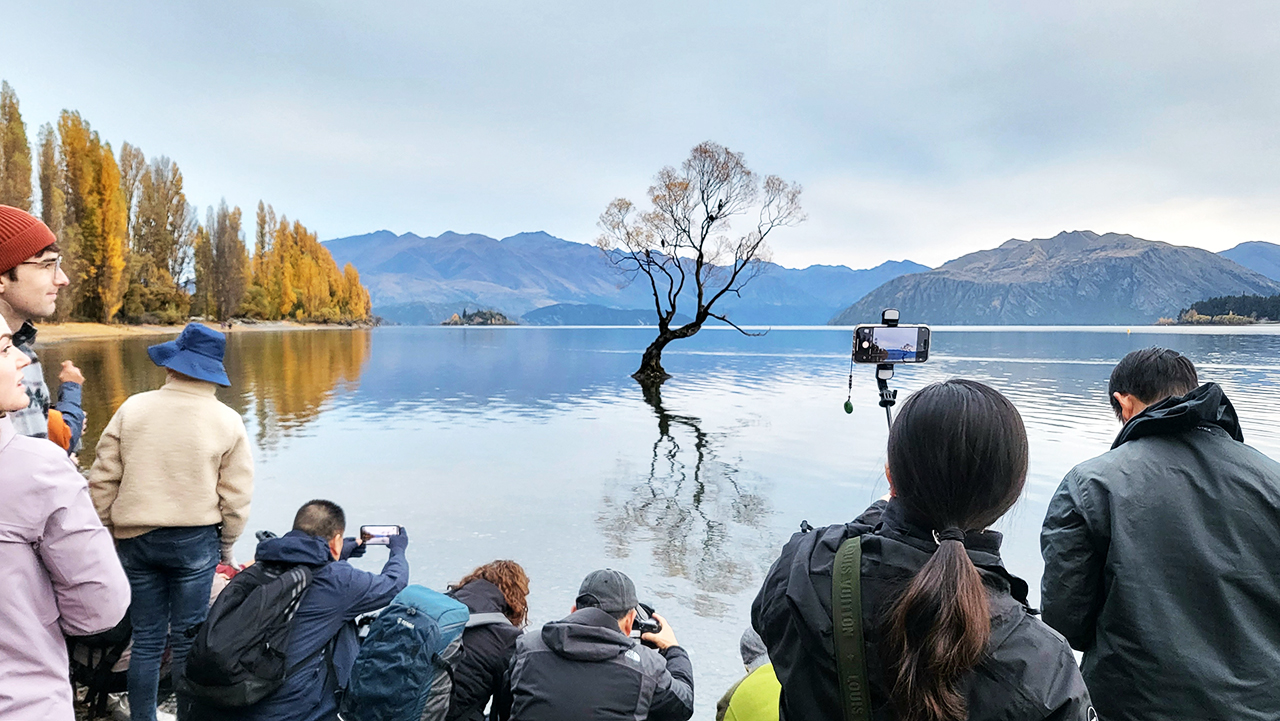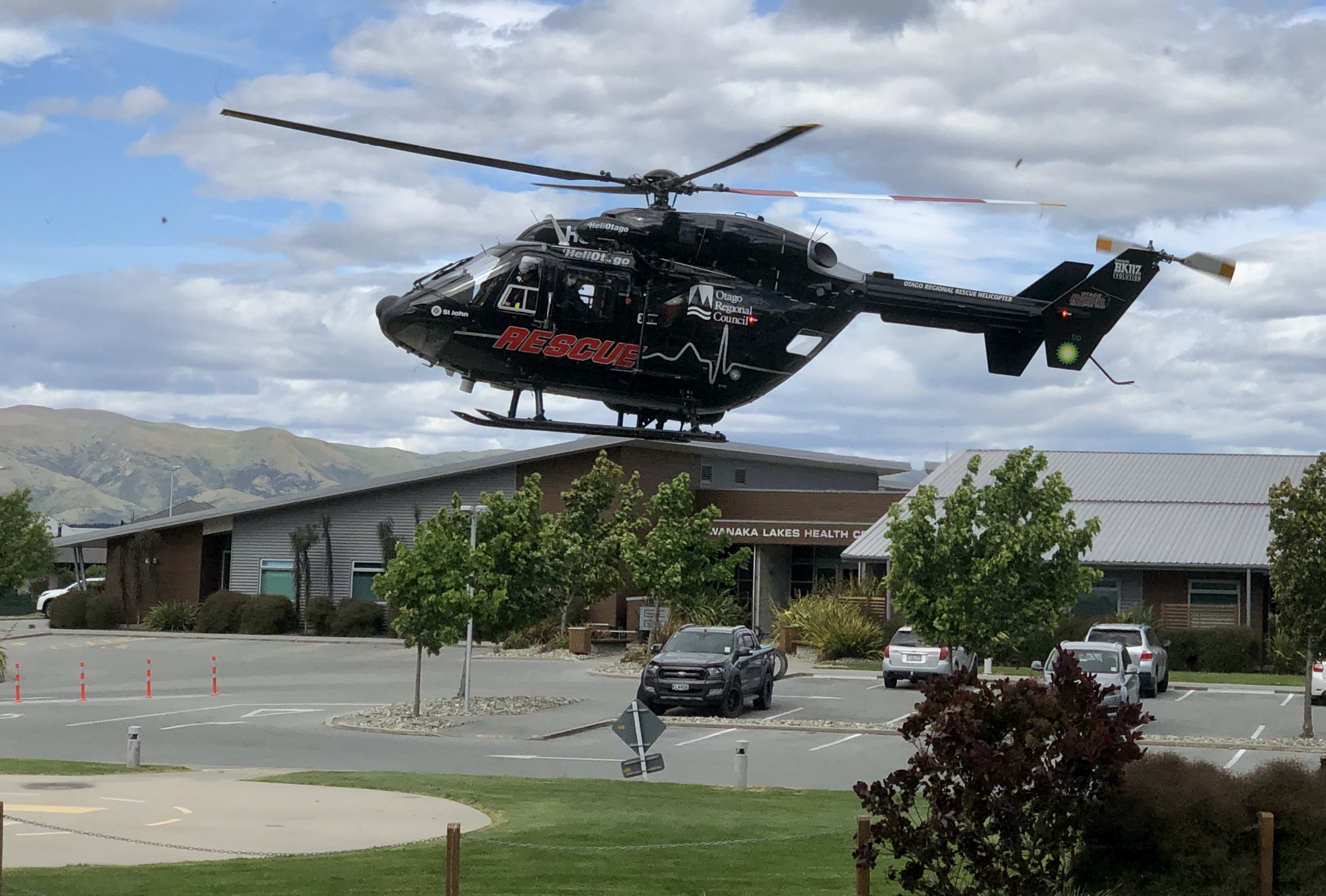Emergency management reforms supported by council
Sue Wards
19 August 2025, 5:00 PM
 QLDC faces distinctive emergency management challenges as a fast-growing district with high visitor numbers and a mobile population.
QLDC faces distinctive emergency management challenges as a fast-growing district with high visitor numbers and a mobile population.New government reforms to emergency management - which aim to lift service levels, strengthen community engagement, and clarify roles during response and recovery - are supported by Queenstown Lakes District Council (QLDC).
Emergency management and recovery minister Mark Mitchell has announced proposals for a new Emergency Management bill - to replace the Civil Defence Emergency Management Act 2002.
The minister said the bill will clarify who is in control during emergencies and clarify accountabilities at the local level; improve how Civil Defence Emergency Management (CDEM) group plans are developed; provide for representation of the wider community on coordinating executive groups; expand the tools available to improve assurance of the system; and expand the lifeline utilities/essential infrastructure providers that can be recognised under the legislation.
The proposals follow consultation on a discussion document earlier this year on options to strengthen New Zealand’s overarching emergency management legislation.

Gaps in the district’s emergency planning have been highlighted in the past few years.
QLDC was one of 324 submitters on the document.
QLDC emergency operations centre response manager Bill Nicholl said QLDC “supports the intent of the emergency management reforms to lift service levels, strengthen iwi and community engagement, and clarify roles during response and recovery”.
The Upper Clutha faces a range of potential hazards, from flooding to the big looming threat of an overdue Alpine Fault quake, but questions remain around how coordinated our emergency preparedness is.
In 2022 the Wānaka App reported on the vulnerability of the district’s electricity supply in an emergency as well as possible gaps in planning.
Read more: ‘The cavalry isn’t coming’: emergency planning in the Upper Clutha
QLDC’s submission on the proposed reforms noted that “as a fast-growing district with a unique combination of geographical isolation, high visitor numbers, and a diverse, mobile population, QLDC faces distinctive emergency management challenges”.
Bill told the Wānaka App this week the council was still reviewing the details of the cabinet paper “to understand the implications for local government”.
The council made 20 recommendations on the discussion document, from strengthening community participation in emergency management, planning joint scenarios ahead of time, and clearly defining roles of CDEM groups versus local councils, to future-proofing critical infrastructure and respecting local innovation and decision-making.
The cabinet paper estimates the reforms would initially cost councils $82.8M over their first four years, and Local Government NZ chief executive Susan Freeman-Greene said local government needs “more financial backing from central government” to respond to emergency events, not more costs and compliance measures funded from rates.
Susan said a better solution is for the government to empower councils through a separate funding source for emergency management, such as a civil defence levy modelled on natural hazards cover.
The government said it intends to introduce and pass the new Emergency Management bill during this parliamentary term. The public will have another opportunity to make submissions during the select committee process.
PHOTOS: Wānaka App






